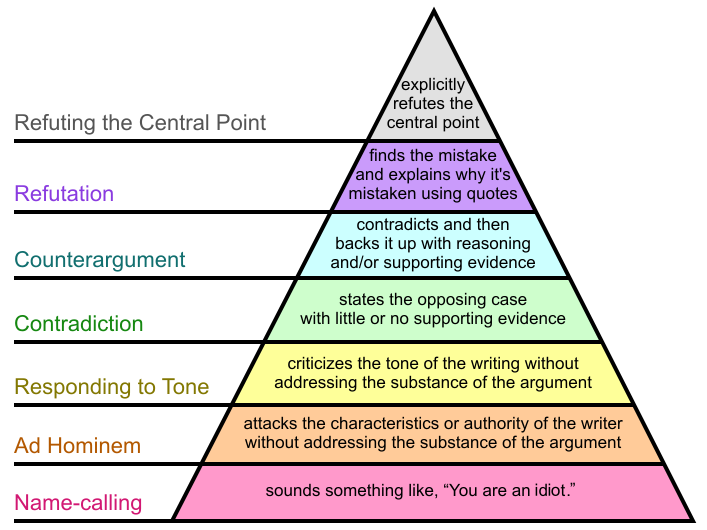Friday, February 14, 2020 11:12:38 AM
Explain in detail how it makes a potential SPO easier to conduct.
Two things (though not the only two) that give common shares their value are liquidation preference and dividends. And yes, liquidation preference matters outside of bankruptcy/receivership; any stock would be worth less if its company were to lose a significant amount of money with all else being equal (reducing the liquidation preference attributable to the commons, which is usually roughly equal to retained earnings).
In a broader sense, liquidation preference and interest payments are exactly what give bonds their value. Equity (preferred and common stock) is exactly the same, just lower in the capital structure.
This is why FnF commons and prefs both trade at such depressed prices: the seniors have taken away all of the liquidation and dividend preference of both classes.
With that in mind, imagine two SPO scenarios for FnF:
1) The newly-issued commons have $33B of liquidation preference and $2B of dividend preference in front of them.
2) Change those numbers to zero and zero respectively.
It is clear that #2 dominates #1, i.e. the SPO investors would prefer the existing prefs be converted first rather than left alone, because it makes their new commons more valuable.
In order to amend the preferred stock certificates at least 2/3rds of the ownership must agree to changes.
Correct.
I suspect many of the higher yielding fixed rate preferreds will not agree to convert in the event that is even an option. Why would anyone want to convert a fixed rate 8.25% dividend paying preferred into common that is uncertain to pay a dividend at all, not to mention the lost liquidation preference? Even if the common eventually paid a dividend at all the preferred would have to get paid first.
Just tailor the offer to the individual pref series, with a better offer being given to higher-dividend series. This was done with Citibank so there is certainly precedent. If the offer isn't good enough, keep upping it until it is. Everyone has their price.
There is no reason for FHFA to not do this because they have no fiduciary duty to shareholders, and it makes the SPO easier to conduct. The only potential sticking point is Treasury with the warrants, but as I have heard it put before, it makes no sense to assume that Treasury will act to maximize the value of its warrants but not act to maximize the value of its seniors.
You also assume that there will be an SPO but there are many outstanding legal matters that should be addressed first to determine if an SPO is even warranted.
Yes, I do assume that an SPO is needed. Calabria has said, multiple times, that third-party capital is needed, i.e. that a retained earnings-only recap is off the table (Calabria said that would take a decade).
You are right that there are many things that have to be resolved first:
1) Any case in which payments would come from FnF must be resolved. (Washington Federal only wants money damages from the government to pre-conservatorship shareholders so it could continue)
2) The seniors must be written off or converted; nobody will buy new shares while the seniors exist. (This also ends the NWS because NWS dividends are tied to the seniors)
3) Calabria's capital rule needs to be finalized and FnF need to submit capital restoration plans (after hiring their own financial advisors).
I have seen arguments put forth claiming that FnF don't need an SPO, and none of them hold any water. If Treasury is forced to pay $125B to FnF (and a final verdict on that is years away), they get to keep the seniors with their concomitant $193B drag on core capital. And if Treasury does write down the seniors, they will only contribute $4B per year in capital (the earned income tax FnF would have paid). Both scenarios require a massive share sale to get FnF capitalized.
Glidelogic Corp. Announces Revolutionary AI-Generated Content Copyright Protection Solution • GDLG • Jul 26, 2024 12:30 PM
Southern Silver Files NI43-101 Technical Report for its Updated Preliminary Economic Assessment for the Cerro Las Minitas Project • SSV • Jul 25, 2024 8:00 AM
Greenlite Ventures Completes Agreement with No Limit Technology • GRNL • Jul 19, 2024 10:00 AM
VAYK Expects Revenue from First Airbnb Property Starting from August • VAYK • Jul 18, 2024 9:00 AM
North Bay Resources Acquires Mt. Vernon Gold Mine, Sierra County, California, with Assays up to 4.8 oz. Au per Ton • NBRI • Jul 18, 2024 9:00 AM
Nightfood Holdings Signs Letter of Intent for All-Stock Acquisition of CarryOutSupplies.com • NGTF • Jul 17, 2024 1:00 PM







